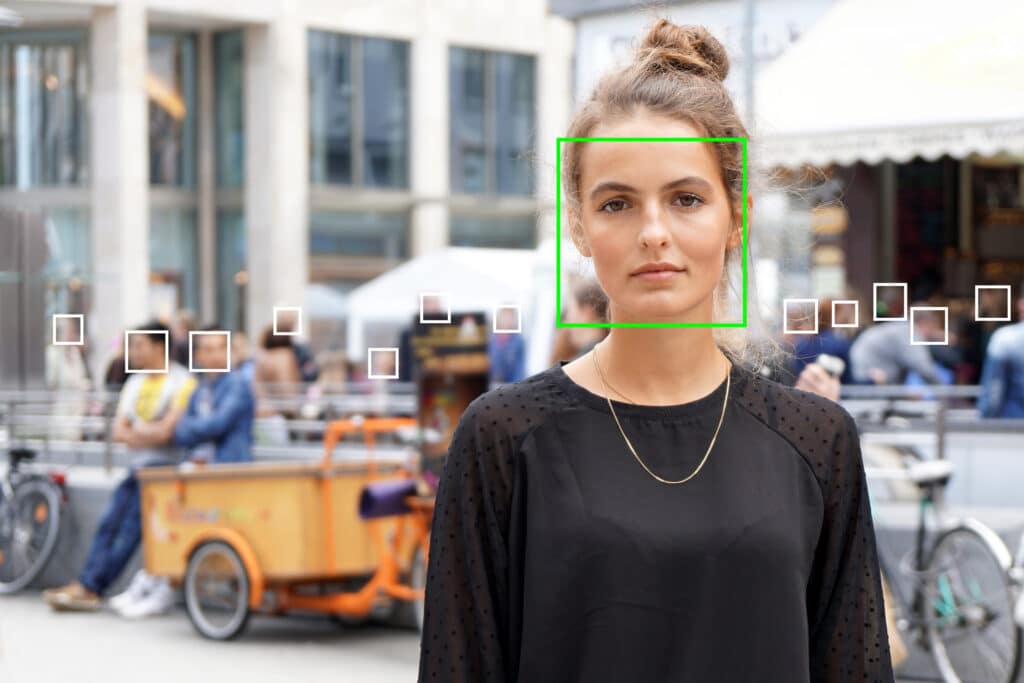UK Biometrics and Surveillance Commissioner submits damning report as job extended
The UK government does not have a plan for oversight of biometrics and surveillance once the Office for the Biometrics and Surveillance Camera Commissioner (OBSCC) is ended by the Data Protection and Digital Information Bill.
The government has extended Fraser Sampson in his role, beyond his tenure due to end on 28 February:
Government today announced short-term reappointment of Fraser Sampson as @IndepCommissioner. Fraser agreed to stay beyond end of tenure on 28/2/23 while ministers consider what arrangements will replace OBSCC if/when it’s abolished by Data Protection and Digital Information Bill
— Biometrics and Surveillance Camera Commissioner (@IndepOBSCC) February 9, 2023
The announcement came minutes after the Independent Biometrics and Surveillance Camera Commissioner shared the 107-page annual report he had just filed to the new Home Secretary, Suella Braverman.
Much of its content is based on the changes and uncertainties around surveillance and biometrics.
First and final report?
This is Sampson’s first combined annual report, merging his biometrics and surveillance roles. It could also be his last, though the news of his role extension makes this unclear.
Fraser Sampson considers the impact of the Data Protection and Digital Information Bill, which was quietly introduced to and had its first reading in Parliament at the end of the summer sitting in July 2022 while the government was in full meltdown (see the dedicated Wikipedia entry: July 2022 United Kingdom government crisis).
The Bill seeks to transfer Sampson’s roles to the Information Commissioner for surveillance and the Investigatory Powers Commissioner for biometrics. The role of Information Commissioner will also be axed, as the Information Commissioner’s Office (ICO) takes it on.
Sampson points out how the Data Protection and Digital Information Bill will remove the duty of the Secretary of State (Home Secretary) to publish a Surveillance Camera Code of Practice and that his own functions and role will be abolished. “I note en passant that the future regulation of and support for the lawful and accountable exploitation of new surveillance technology by the police remains undecided.”
“The system empowering chief police officers and others to make National Security Determinations (NSD) for the retention of biometric material continues to work effectively and the large backlog of biometric material shared with the UK by other jurisdictions has now been finalised,” writes Sampson of his biometrics duties.
“While there remain basic shortcomings in the software used to make NSDs, and I remain concerned about the variation in the standard of NSDs, the transfer of functions to the IPC (subject to the will of Parliament) would offer an opportunity to address this.”
Facial recognition technology and AI are merging his roles in the real world, with biometric surveillance equipment whose “potential for improving police efficiency and effectiveness cannot be overstated.” It seems imaginations may be running even further ahead.
“There remains a clear gap between how facial recognition technology is being used and how it is perceived as being used. In this respect I echo the view of others in recognising the need for legislation and guidance to provide greater certainty and accountability in this area.”
Sampson recalls that Surveillance Camera Code of Practice recently passed by Parliament is the only legal instrument to “expressly to acknowledge that Live Facial Recognition has a legitimate role in policing… While there are, in my view, key omissions around cyber security and ethical considerations, I believe the contribution of this legislative instrument is borne out by the certification schemes that my office has in place and by the absence of challenge that those organisations adopting it have encountered over the past decade.”







